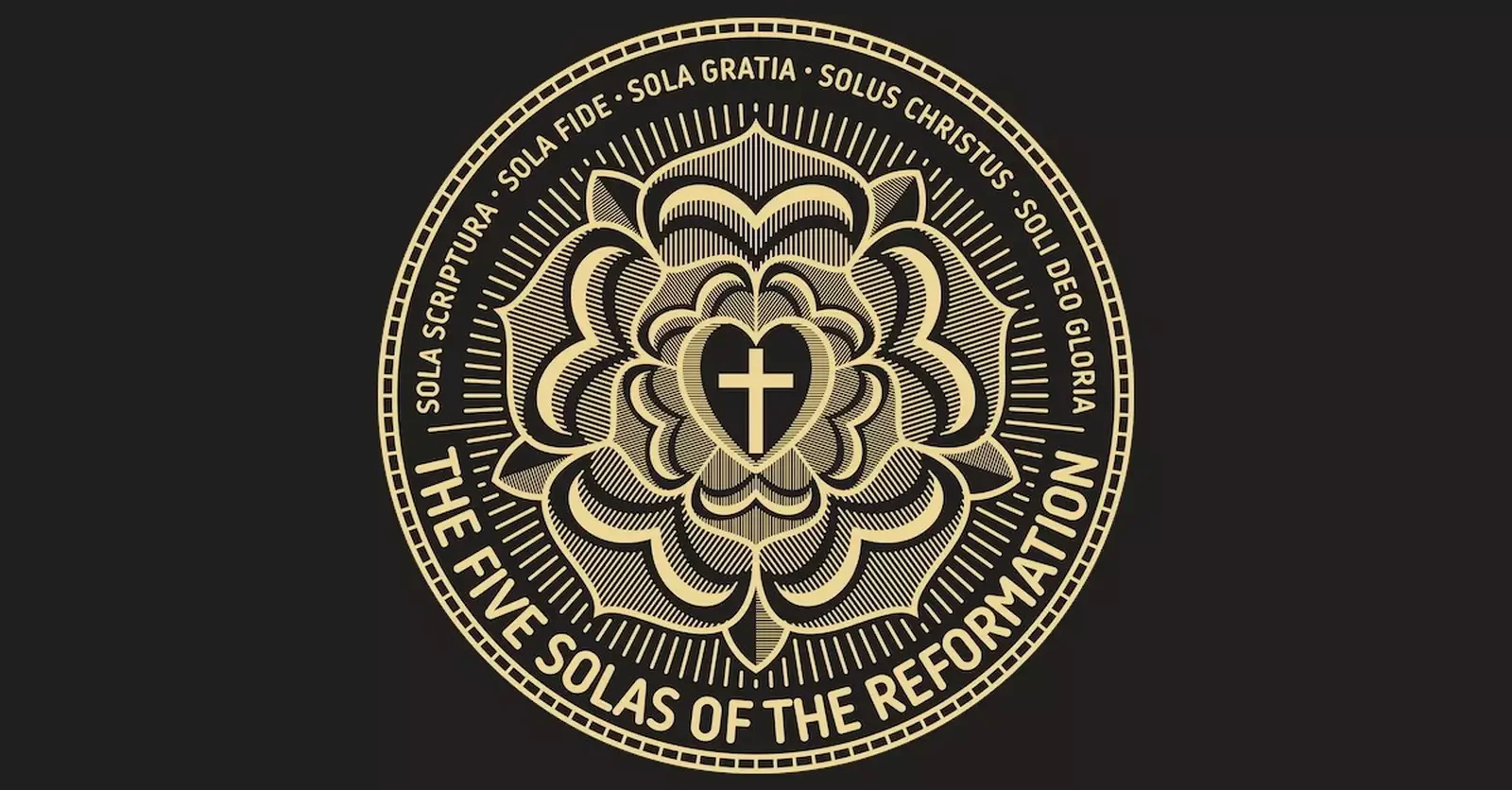Only Alone
There are many varieties of Presbyterians. I’ve had the privilege of being a member of two of them. In both cases, the most difficult question I had to answer as I was being examined into each of them was to articulate my views of Reformed Theology. Having grown up Presbyterian, I had been steeped in Reformed Theology without even knowing it. Being a pastor’s kid, I attended my home church all my life- we didn’t visit other congregations much, and when we did, it was usually a presbyterian church. And then I attended Calvin College- named after John Calvin, the father of Reformed Theology. I had been swimming in the waters reformed theology for most of my life. So to be asked to articulate my views on reformed theology is like asking a fish to describe the waters that they are swimming in, or for you to describe the air you’re breathing. It’s hard to describe until you start smelling something different.
In wrestling with that question, I’ve since come up with an answer- like most of my answers to hard questions, it’s a little long. Reformed theology finds its roots in the 5 Solas of the reformation: Sola Scriptura, Solus Christus, Sola Gratia, Sola Fide, Soli Deo Gloria. Over the next number of blog posts, I will be unpacking these 5 solas and how they remain relevant today for us as believers.
Let me say a brief word in overview of these 5 solas. Sola is Latin for alone, or only. Like many aspects of Reformed Theology, it speaks to the Sovereignty of God. These five ‘onlys’ come from God. They were a call for the church to return to the first commandment God gave Moses on Mount Sinai- have no other gods before me. Humanity has had a hard time with that command, going all the way back to Genesis 3. In the days preceding the reformation, church tradition and papal edicts were considered as authoritative as Scripture. Today, we look to human experience to be our guide through life. If we are faced with believing God or believing our experiences, we believe our experiences and assume that God actually didn’t mean what he said. Humanity does not believe that God is supreme and sufficient to lead us to a fulfilled life. We are happy to have God in our life, but we also feel a need to add something more. We are tempted to think we need God and… something else. And this is not just true of secular culture- sadly this has seeped into the Church as well. So while I may have a hard time articulating reformed theology, I can tell when something is off. I can’t describe the air I breathe, until I catch a whiff of burnt microwave popcorn. When the church begins to think we need to add things to God in order to be fulfilled, that is when I can better understand the legacy of the reformation.
The 5 solas remind us that we need God… only…. Alone. Nothing more needs to be added to God in order for us to find fulfillment. God is sufficient to meet all our needs. The 5 solas remind us of that good truth.
More next week.
For God was pleased to have all his fullness dwell in [Jesus Christ], and through him to reconcile all things, whether things on earth or things in heaven, by making peace through his blood, shed on the cross. -Colossians 1:19-20.
